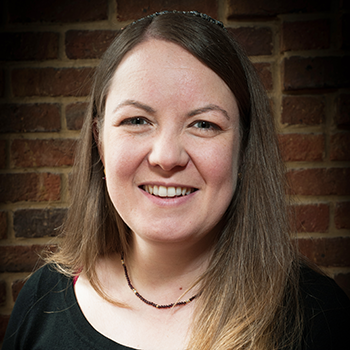"Jacob was left alone. And a man wrestled with him until the break of dawn. … He said, 'Your name shall no longer be Jacob, but Israel, for you have striven with God and with humans, and have prevailed.'" (Genesis 32:25-29)
At night, by the ford of the Jabbok river, Jacob wrestles a nameless adversary until dawn. The text never clarifies who or what he struggles with-God, angel, brother, or self-but from this encounter he emerges wounded and renamed. Jacob becomes Israel, the one who wrestles and endures. In that moment, Jewish identity itself is born; not from triumph, but from struggle.
To be Israel is to live in tension between past and future, between belonging and difference, and between what others demand of us and what our conscience commands. Our covenant is forged not in serenity, but in wrestling.
Nowhere has that tension been more visible than in Poland, where Jewish life has long wrestled with visibility, legitimacy, and survival. In the early 19th century, Warsaw's Jewish elite looked toward Berlin and Hamburg, inspired by the Reform Movement that sought to harmonize Jewish faith with European modernity. They debated modern architecture, civic engagement, and using the Polish language in prayer. In the 1850s, Rabbi Marcus Jastrow, who later wrote his "Talmudic Dictionary," served in Warsaw while calling for moral and intellectual renewal within Judaism. He insisted that truth must be stronger than habit, for revelation continues through reason.
But the Polish context was unforgiving. Under Russian imperial rule, both the authorities and the traditional rabbinate resisted reform. The budding Polish Reformers were accused of abandoning Jewish authenticity for social acceptance. They wrestled not only with God and modernity, but their own people. The Reform Movement in Warsaw was never allowed to flourish fully. Unlike Jacob, the early Polish Reformers were not granted the gift of a new name and the accompanying blessing, despite their wrestling.
After the Shoah and four decades of communism, Jewish life in Poland seemed extinguished. Yet, like Jacob rising from the dust with a new name, Polish Jews began to reemerge. In the 1990s, a small group of Jews in Warsaw dared again to imagine a Judaism rooted in equality and pluralism. They founded Beit Warszawa, the first Reform congregation in post-Communist Poland.
Their struggle has been as real as Jacob's. Poland's government recognizes only the Orthodox Union of Jewish Religious Communities as the official representation of Jewish life, excluding Reform and Progressive congregations from public funding and institutional legitimacy. Yet Beit Warszawa persisted. Its rabbis trained local leaders, translated prayer books into Polish, and built a community that prays, studies, and celebrates with its own voice.
In this context, the words of Rosa Luxemburg - a Polish Jewish thinker who also wrestled with identity and power - speak across the generations:
"Freedom is always the freedom of the one who thinks differently."
Her declaration captures the essence of the Progressive Jewish struggle in Poland. To build a pluralistic Judaism in a society that recognizes only one official form of Jewish life is to affirm precisely that freedom. Luxemburg's vision of liberty as the right to dissent mirrors Jacob's night-long wrestling. Both refuse to yield their identity to those who claim to define others.
Poland's Progressive Jews have reclaimed a space long denied to them, embodying what the text of Parashat Vayishlach proclaims: identity is not inherited whole, but wrestled into being. Each new dawn requires courage to face the unknown, to be wounded and still walk forward.
For Progressive Jews everywhere, this Polish story raises a question that reaches beyond Warsaw. In our own communities-whether in Budapest, Berlin, Buenos Aires, or Boston-are we not also wrestling for the right to shape Judaism in our image? How do we renew our tradition without losing its depth? How do we remain faithful, yet free? To live as Reform Jews is to inhabit the name Israel: to struggle with God and with one another, to test inherited forms, and to keep the covenant alive by making space for freedom and dissent. Perhaps our blessing comes not from certainty, but from the willingness to stay in the struggle.
To be Israel is to struggle with God and humanity and endure. The Polish Progressive Movement, by insisting on dignity, pluralism, and renewal, stands in that lineage. Its members carry Jacob's limp and his blessing: a faith tested, transformed, and alive.
In a land where Jewish modernity was once declared impossible, their very existence proclaims, "we have wrestled, and we are still here ."
Explore Jewish Life and Get Inspired
Subscribe for Emails

